Ultrasound
When you need an ultrasound, experience matters. You deserve precise scans and interpretations. At BJC HealthCare you are in the hands of experts, including respected radiologists and specially trained technologists. Our commitment to quality helps us maintain national recognition.
BJC HealthCare works with Washington University physicians, BJC Medical Group, and providers across the region to deliver extraordinary care. Ultrasound uses sound waves to help us assess organ systems and nearby tissue. BJC performs nearly 20,000 ultrasounds each year, enabling our experts to catch issues earlier so you receive timely care. This depth of experience also allows us to rule out concerns with certainty so you can feel confident about your health.
Highlights of our program include:
Highly skilled team: You receive services from board-certified radiologists with advanced ultrasound training. Many are leaders in the field whose contributions include new ultrasound scanning techniques. These include thyroid tumor testing. All team members use research-based methods that lead to outstanding care.
Advanced technology: You have access to the best available ultrasound technology, including shear wave elastography. It helps us carry out contrast ultrasounds for liver growths. It’s a quicker alternative to MRIs, CT scans or liver biopsy procedures. BJC is one of the few programs in the St. Louis region with this capability.
Sophisticated options: Our team includes radiologists specializing in musculoskeletal ultrasound. Their expertise in joint ultrasound scans helps us monitor arthritis progression. It ensures you receive appropriate care, including partial or complete joint replacement surgery when necessary.
BJC is a connected network of specialists offering advanced capabilities and a seamless patient experience. After receiving a physician referral, call (314) 362-9355 or (800) 392-0936 to schedule an appointment, and we’ll take care of the details.
Ultrasound captures real-time, moving images. It sends high-frequency sound waves into your body that bounce (echo) off organs and other structures. Special technology converts the echoes to images.
We often use ultrasound to detect subtle differences between healthy and unhealthy tissue. It also assesses internal structures, such as tissue damage or fetus development inside the womb.
Ultrasound techniques we offer include:
Traditional: We apply a warm gel to the skin of the exam area, then press a transducer (a device that gives off sound waves) against the area.
Doppler ultrasound: This ultrasound scan helps us evaluate the force of blood (velocity) as it flows through vessels.
Endoscopic ultrasound: We use a thin tube with a transducer to perform ultrasounds inside your body by passing the probe through your mouth, rectum or vagina.
What happens during your ultrasound scan depends on whether you are having a traditional, Doppler or endoscopic exam. We let you know ahead of time how it works and answer all your questions.
This additional information can help you prepare:
Arrival: Please arrive 15 minutes before your ultrasound appointment. We’ll need to see a photo ID and your insurance card.
Clothing: Wear comfortable, loose-fitting clothing. You may need to change into a gown. You might also need to remove jewelry.
Food and drink: For some ultrasound scans, you can eat or drink as usual. With others, we may ask you not to take anything by mouth or arrive with a full bladder.
Medications: Take medications as you usually would unless our team tells you otherwise.
Results: A radiologist reads the scan and interprets the results. They share them with your referring physician via electronic medical record.
Billing: You will receive one bill from the facility providing the scan and another from the radiologist who reads the results. Check with your insurance for specific billing charges to expect.
Ultrasound scans help us diagnose and manage many conditions, such as:
Acute injuries and illnesses, like bone fractures and appendicitis
Heart and blood vessel disease, this type of ultrasound is called an echocardiogram and helps us check for narrowed arteries
Digestive system concerns that include liver disease, gallstones and kidney problems
Eye issues, such as cataracts or a detached retina
Menstrual disorders, such as heavy bleeding
Pregnancy, including the number of fetuses and whether an unborn baby is developing as expected
Urologic concerns, like difficulty controlling your bladder (incontinence) and prostate issues
 Alton Memorial Hospital
Alton Memorial Hospital Barnes-Jewish Hospital
Barnes-Jewish Hospital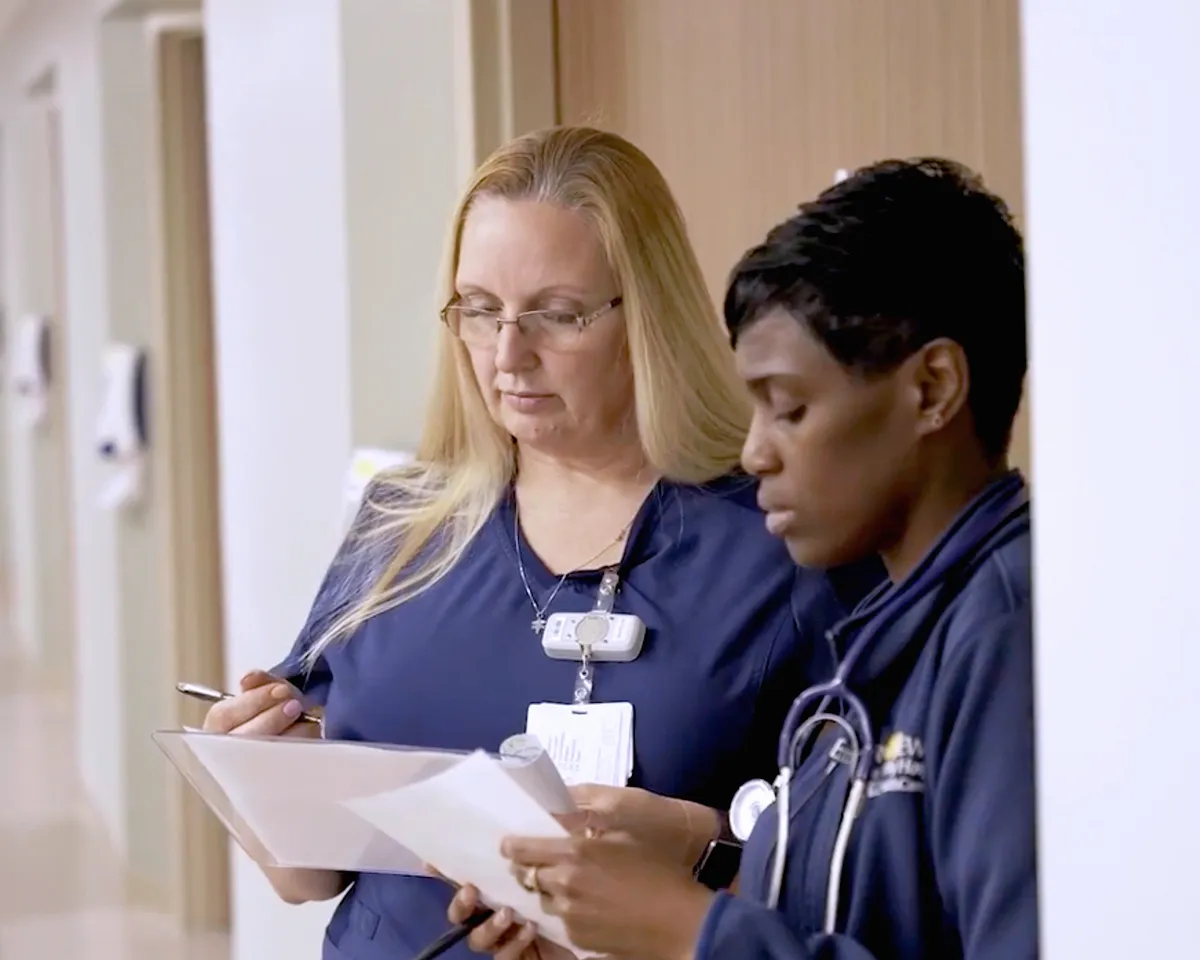 Barnes-Jewish St. Peters Hospital
Barnes-Jewish St. Peters Hospital Barnes-Jewish West County Hospital
Barnes-Jewish West County Hospital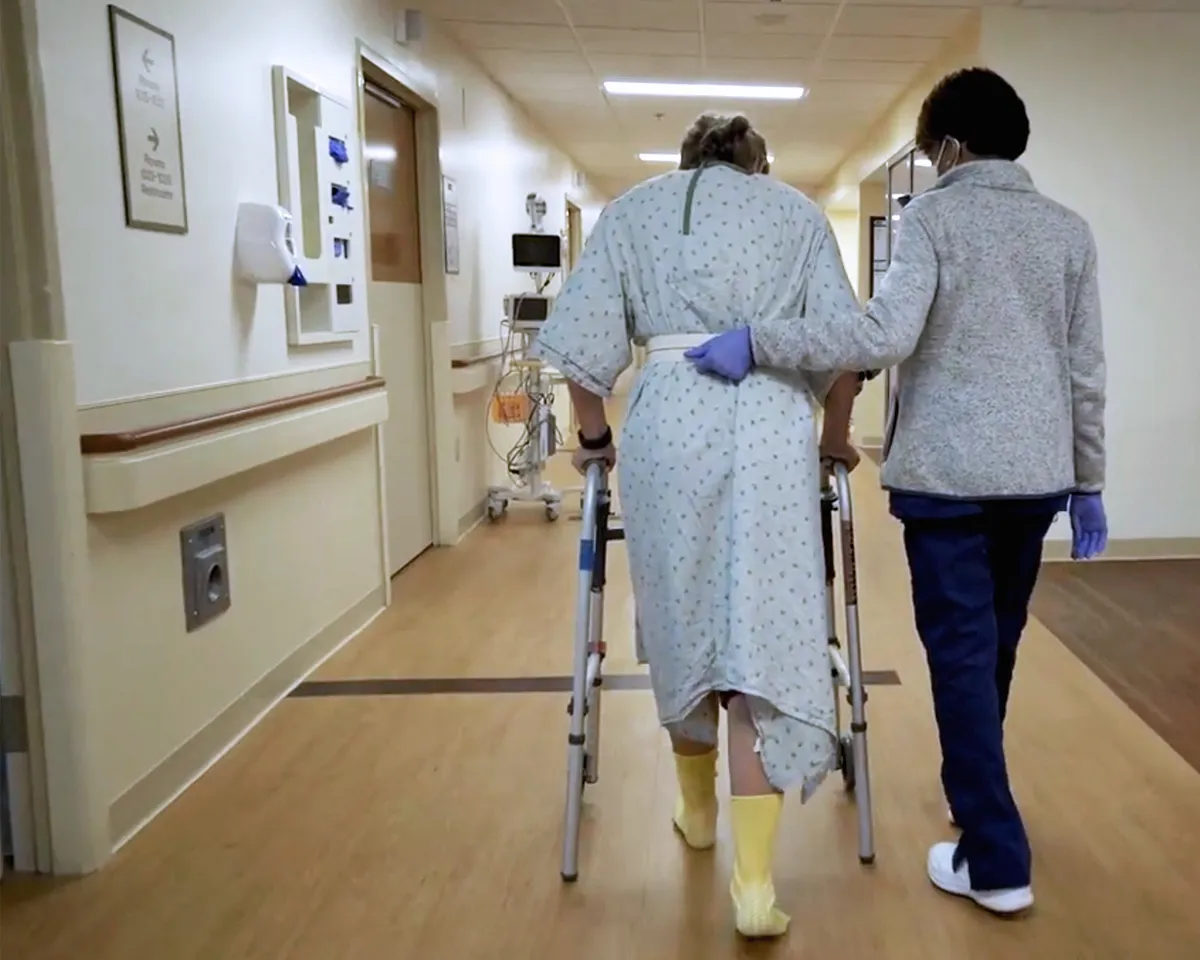 Christian Hospital
Christian Hospital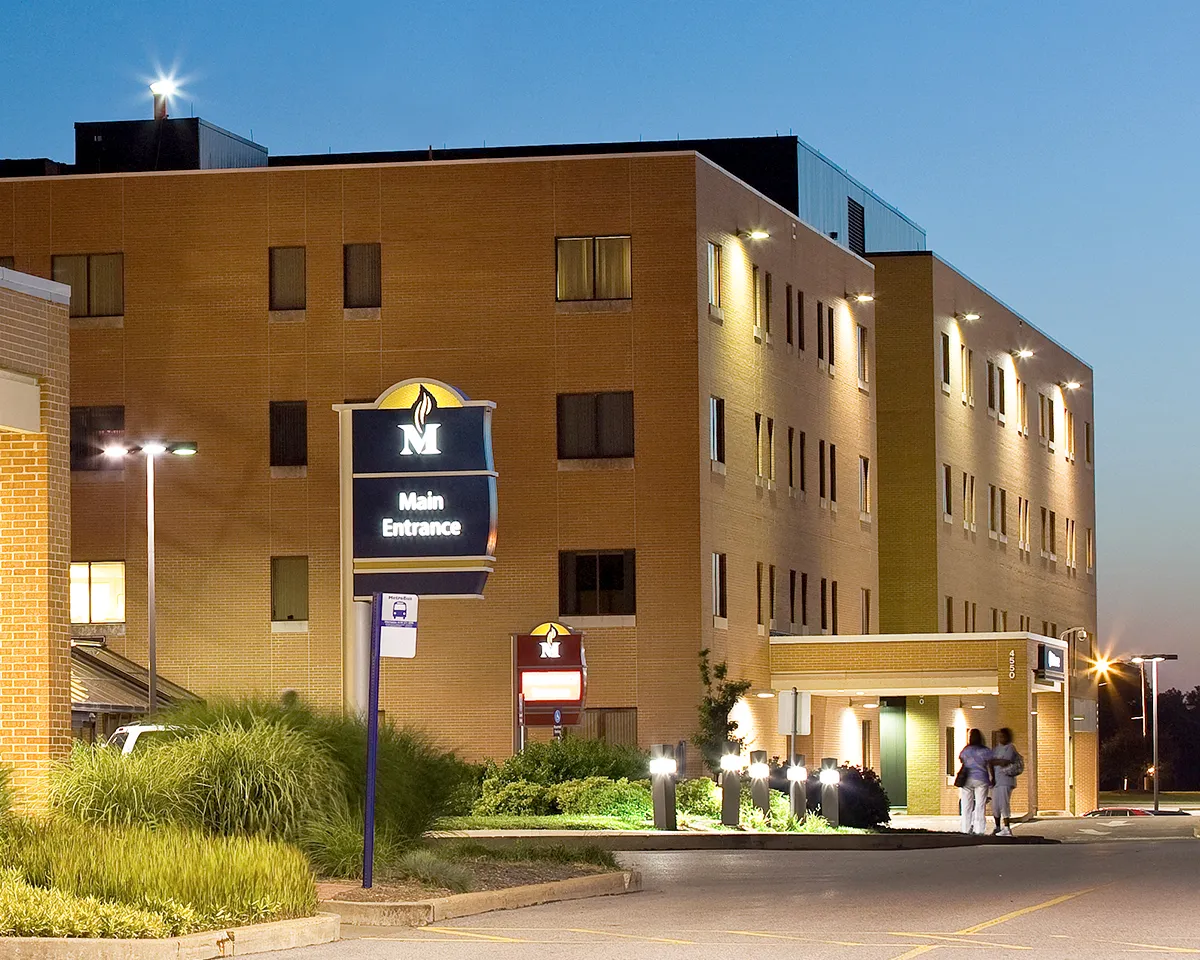 Memorial Hospital Belleville
Memorial Hospital Belleville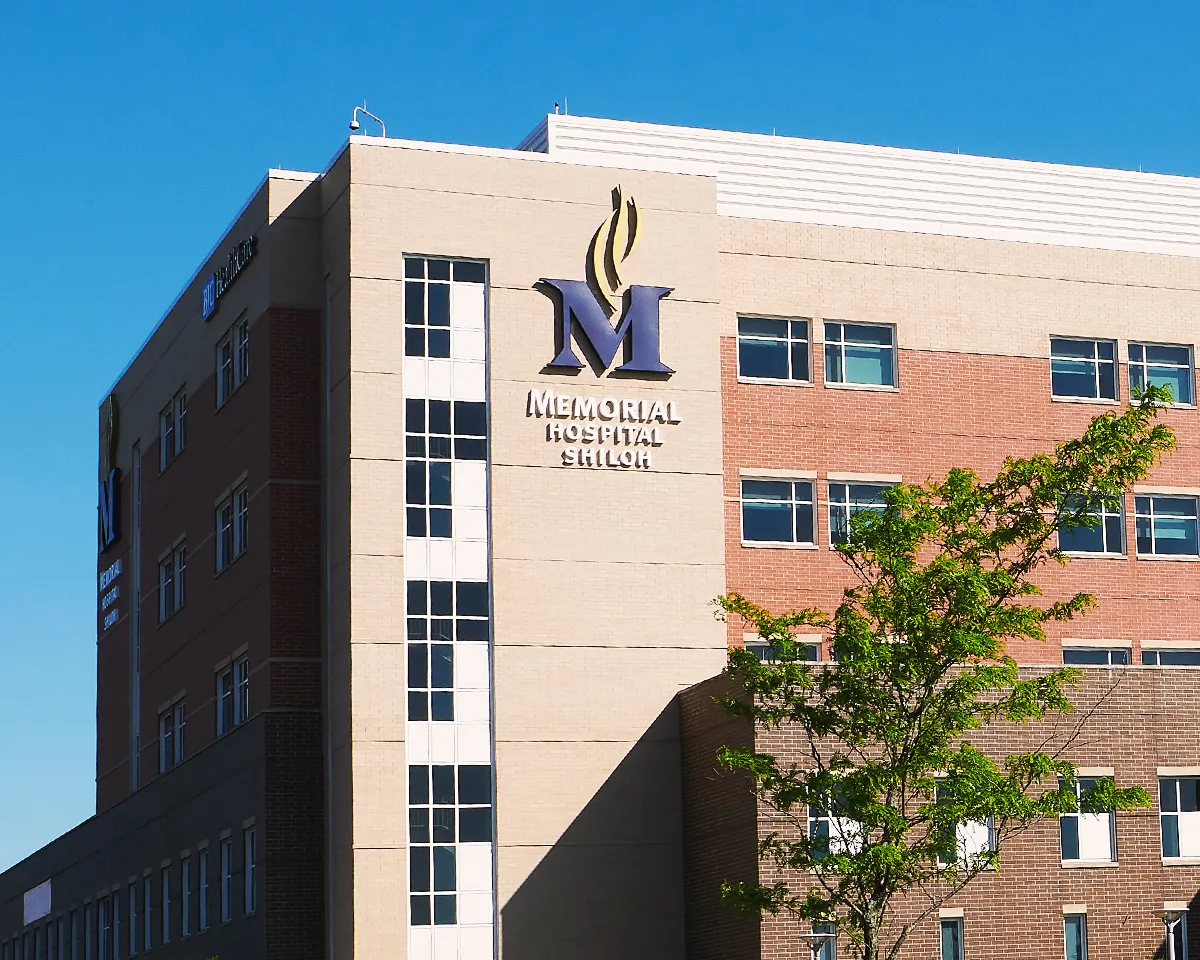 Memorial Hospital Shiloh
Memorial Hospital Shiloh Missouri Baptist Medical Center
Missouri Baptist Medical Center Missouri Baptist Sullivan Hospital
Missouri Baptist Sullivan Hospital Northwest HealthCare
Northwest HealthCare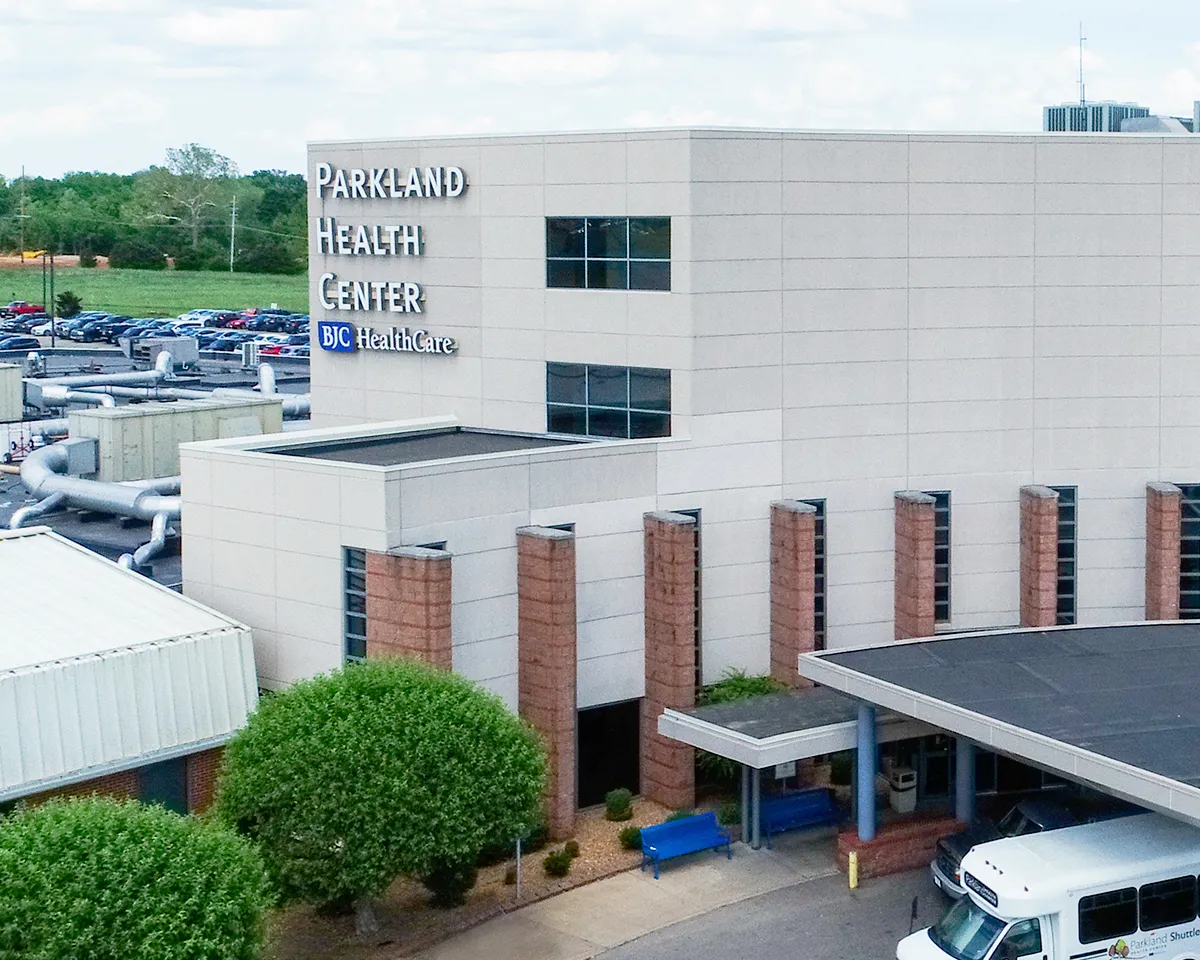 Parkland Health Center
Parkland Health Center
- Resource
Schedule your appointment
Call (314) 362-9355 or (800) 392-0936 to schedule an appointment.